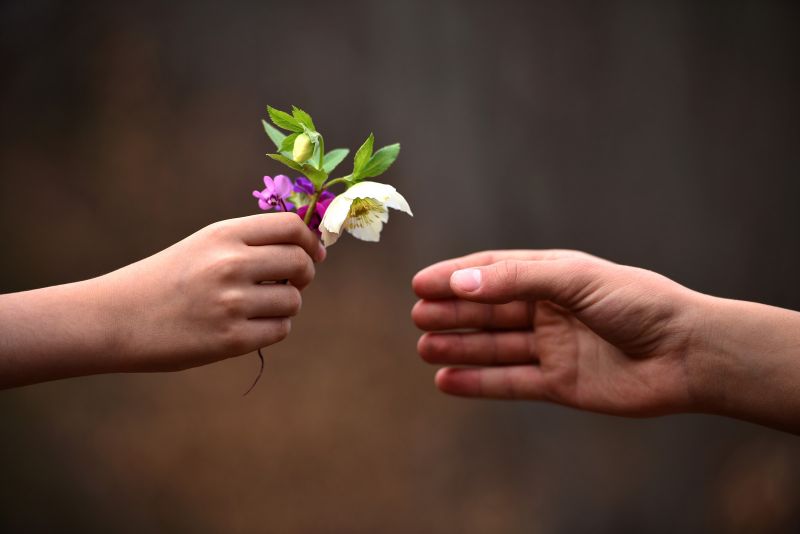Give That Which is Organic to You: A Recipe to Avoid Burnout
 Years ago, I heard Dorothy Day speak. Founder of the Catholic Worker movement, her long-term commitment to living among the poor on New York's Lower East Side - had made her one of my heroes. So it came as a great shock when in the middle of her talk, I heard her start to ruminate about the "ungrateful poor."
Years ago, I heard Dorothy Day speak. Founder of the Catholic Worker movement, her long-term commitment to living among the poor on New York's Lower East Side - had made her one of my heroes. So it came as a great shock when in the middle of her talk, I heard her start to ruminate about the "ungrateful poor."I did not understand how such a dismissive phrase could come from the lips of a saint - until it hit me with the force of a Zen koan. Dorothy Day was saying, "Do not give to the poor expecting to get their gratitude so that you can feel good about yourself. If you do, your giving will be thin and short-lived, and that is not what the poor need; it will only impoverish them further. Give only if you have something you must give; give only if you are someone for whom giving is its own reward."
When I give something I do not possess, I give a false and dangerous gift, a gift that looks like love but is, in reality, loveless - a gift given more from my need to prove myself than from the other's need to be cared for. That kind of giving is not only loveless and faithless, based on the arrogant and mistaken notion that God has no way of channeling love to the other except through me. Yes, we are created in and for community, to be there, in love, for one another. But community cuts both ways: when we reach the limits of our own capacity to love, community means trusting that someone else will be available to the person in need.
One sign that I am violating my own nature in the name of nobility is a condition called burnout. Though usually regarded as the result of trying to give too much, burnout in my experience results from trying to give what I do not possess - the ultimate in giving too little! Burnout is a state of emptiness, to be sure, but it does not result from giving all I have; it merely reveals the nothingness from which I was trying to give in the first place.
May Sarton, in her poem "Now I Become Myself," uses images from the natural world to describe a different kind of giving, grounded in a different way of being, a way that results not in burnout but in fecundity and abundance:
As slowly as the ripening fruit
Fertile, detached, and always spent,
Falls but does not exhaust the root...
When the gift I give to the other is integral to my own nature, when it comes from a place of organic reality within me, it will renew itself - and me - even as I give it away. Only when I give something that does not grow within me do I deplete myself and harm the other as well, for only harm can come from a gift that is forced, inorganic, unreal.
Excerpted from Parker Palmer's book "Let Your Life Speak: Listening for the Voice of Vocation"
SHARE YOUR REFLECTION
2 Past Reflections


On Jun 12, 2017 Ragunath Padmanabhan wrote:
Hmmm... Not sure whether giving can be as black and white. A person who is giving what he does not posses could also be doing it from a state of desperateness because no one else is stepping up. And that act of foolhardiness could inspire many others to notice the need of the hour and respond. Also, a lot of creativity gushes out when a person who does not have much steps up to meet someone's need. Compassion, by itself, is a great wealth that everyone has access to. To dare to empty oneself in face of a compelling need, even at the cost of a complete burnout could be seen as the person "spending" his compassion capital. I know I am not making a clear case but intuitively it feels like giving has so many nuances that need to be honored.

On Jun 17, 2017 Pat Howe wrote:
I just plain love this site. The news is so odious at the moment, this site is a gentle reminder that I don't have to allow myself to get sucked in to the latest drama. Parker's work is so welcome. It leads me into a deeper way of being in the world, and the reality is that I don't drive the bus (metaphorically speaking).
Much gratitude
Post Your Reply